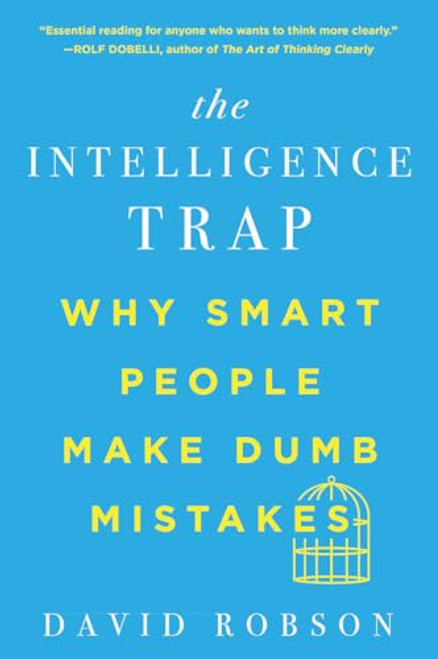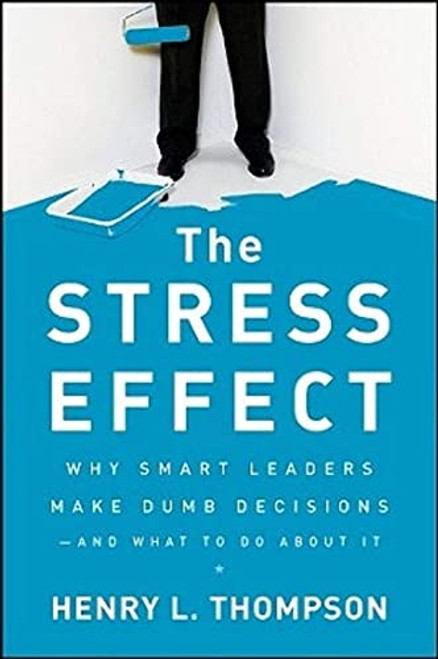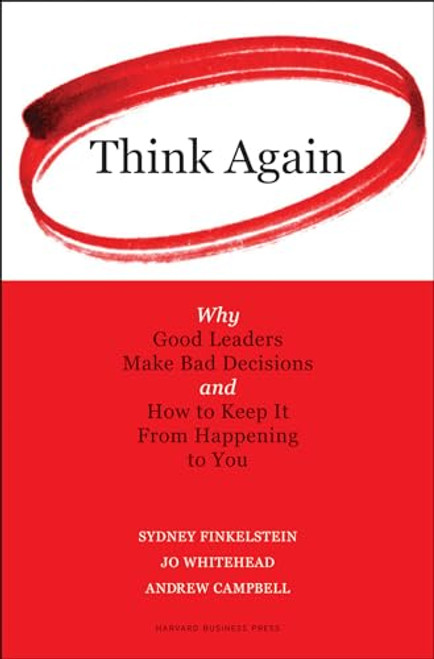We all make bad decisions. It's part of being human. The resulting mistakes can be valuable, the story goes, because we learn from them. But do we? Historian Zachary Shore says no, not always, and he has a long list of examples to prove his point.
From colonialism to globalization, from gender wars to civil wars, or any circumstance for which our best solutions backfire, Shore demonstrates how rigid thinking can subtly lead us to undermine ourselves. In the process, he identifies seven cognition traps to avoid. These insidious yet unavoidable mind-sets include:
-Exposure Anxiety: fear of being seen as weak
-Causefusion: confusing the causes of complex events
-Flat View: seeing the world in one dimension
-Cure-Allism: thinking that one-size solutions can solve all problems
-Infomania: an obsessive relationship to information
-Mirror Imaging: thinking the other side thinks like you do
-Static Cling: the refusal to accept that circumstances have changed
Drawing on examples from history, politics, business and economics, health care, even folk tales and popular culture, Shore illustrates the profound impact blunders can have. But he also emphasizes how understanding these seven simple cognition traps can help us all make wiser judgments in our daily lives.
For anyone whose best-laid plans have been foiled by faulty thinking, Blunder shines the penetrating spotlight of history on decision making and the patterns of thought that can lead us all astray.






